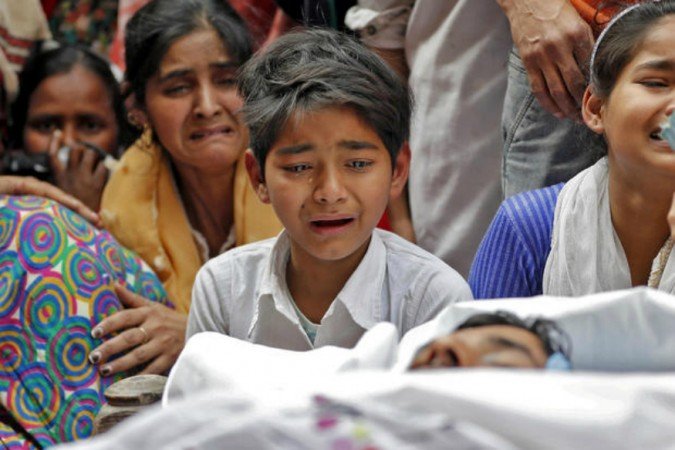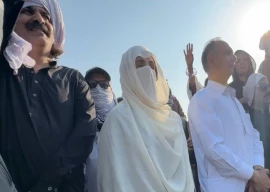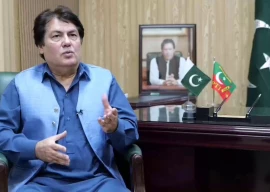
The application was filed by Michelle Bachelet Jeria, the UN High Commissioner for Human Rights (the High Commissioner).
Jeria’s concern, it has been made clear, relates to whether the CAA’s exclusion of Muslims from its naturalisation regime squares with the principle of equality under the law, which the country is sworn to uphold.
The International Covenant on Civil and Political Rights, for example, prohibits discrimination on racial, ethnic and religious grounds, and India is committed to its provisions.
Further, the application cites the Global Compact for Safe, Regular and Orderly Migration, which commits India to ensuring human rights in migratory matters.
It pleads that the act has put Muslim migrants at risk, in addition to having issues of reasonableness and objectivity, which may not be in sync with India’s commitment to international covenants.
The petition by the United Nations came amid on-going protests in India against the CAA — which was enacted in December last year. The protests took a turn for the worst last week in Delhi, where over 40 people were killed in communal violence in various parts of the city.
“Our Permanent Mission in Geneva was informed yesterday evening by the UN High Commissioner for Human Rights that her office had filed an Intervention Application in the Supreme Court of India in respect to CAA,” India's External Affairs Ministry spokesperson Raveesh Kumar said in a four-point statement.
"The CAA is an internal matter of India and concerns the sovereign right of the Indian Parliament to make laws. We strongly believe that no foreign party has any locus standi [rights] on issues pertaining to India's sovereignty," said Kumar.
The CAA makes it easier for religious minorities from three neighbouring Muslim-majority countries who came to India before 2015 to get Indian citizenship - but not if they are Muslim.
Coupled with the ongoing National Population Register (NPR) and a proposed National Register of Citizens (NRC), India's Muslims, who form nearly 15 per cent of the country's 1.3 billion population, fear the steps are aimed at marginalising them.
Nearly 140 petitions have been filed by Muslim groups, opposition parties and activists, who say the law violates India's secular constitution. The Supreme Court is due to hear the pleas next week.
The UNHRC application also came as India on Tuesday summoned the Iranian envoy in New Delhi over tweets by Iran's Foreign Minister, Mohammad Javad Zarif, condemning the "wave of organised violence against Indian Muslims".
Kumar said a "strong protest was lodged against the unwarranted remarks" by Tehran, adding that they were "not acceptable".
Since the passage of the CAA on December 11, hundreds of thousands of people across India, led mainly by Muslims and students, have been protesting against the legislation.
So far, the violence against the law has killed more than 75 people across the country.
Last week, in the worst communal violence in decades in the national capital, at least 47 people were killed and more than a 100 wounded as groups chanting Hindu nationalist slogans torched mosques and dozens of Muslim houses.
Many Muslims abandoned their homes in the areas hit by the violence and took refuge in shelters set up by voluntary relief workers or moved to their relatives' houses.
The violence took place after a series of hate speeches were made by the ruling Bharatiya Janata Party (BJP) leaders, some of whom warned Muslims to wind down peaceful sit-ins or face consequences.
Videos shared on social media showed Delhi Police officials forcing injured Muslim men to sing the national anthem, and in some cases, smashing CCTV cameras in violence-affected areas.
Unfazed by criticism, India's Hindu nationalist Prime Minister Narendra Modi last month said his government stands by its CAA decision "despite all the pressure".









1732643921-0/4548774-1403918848-(1)1732643921-0-270x192.webp)







COMMENTS
Comments are moderated and generally will be posted if they are on-topic and not abusive.
For more information, please see our Comments FAQ